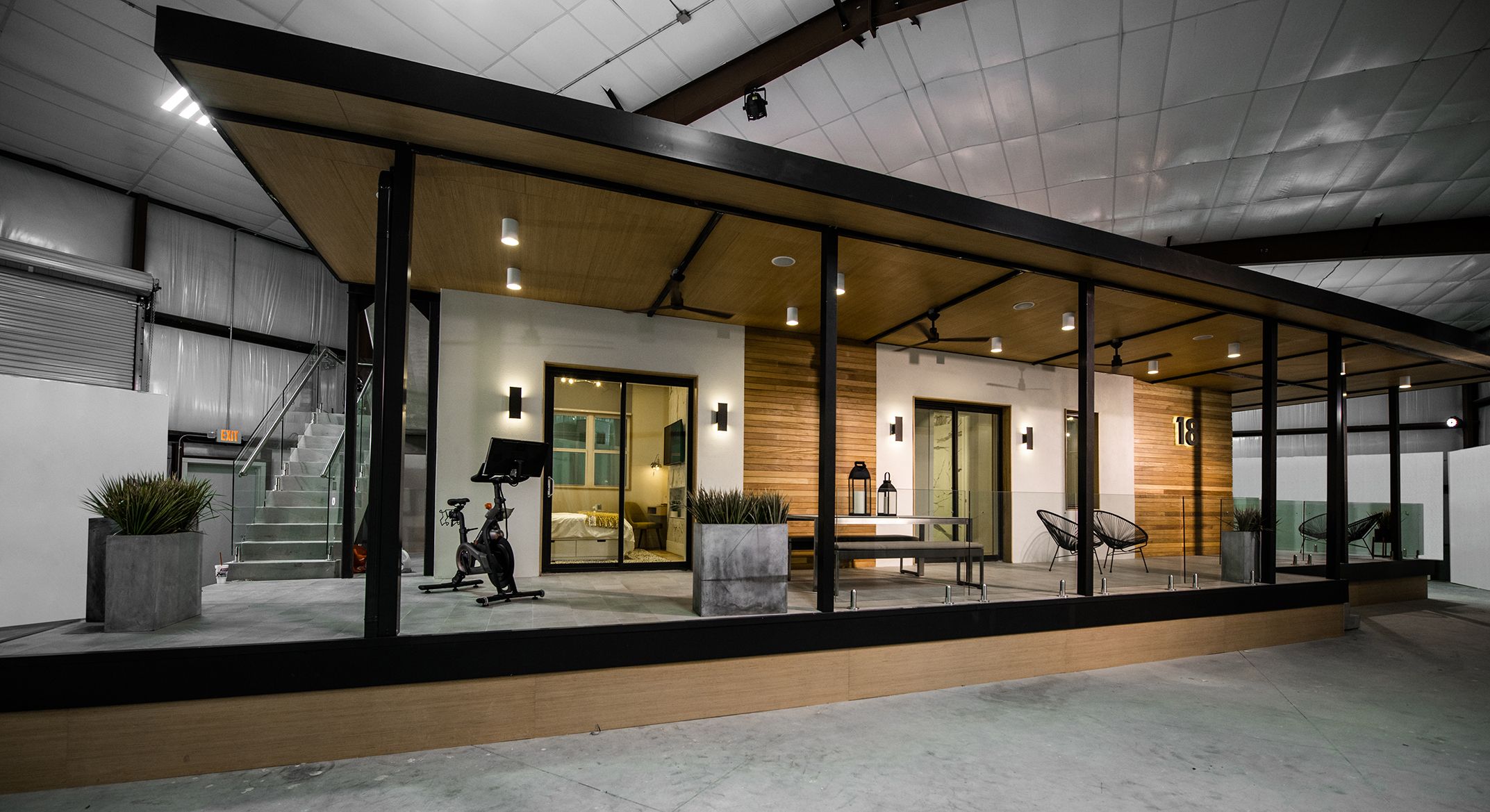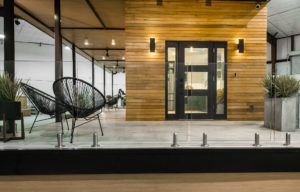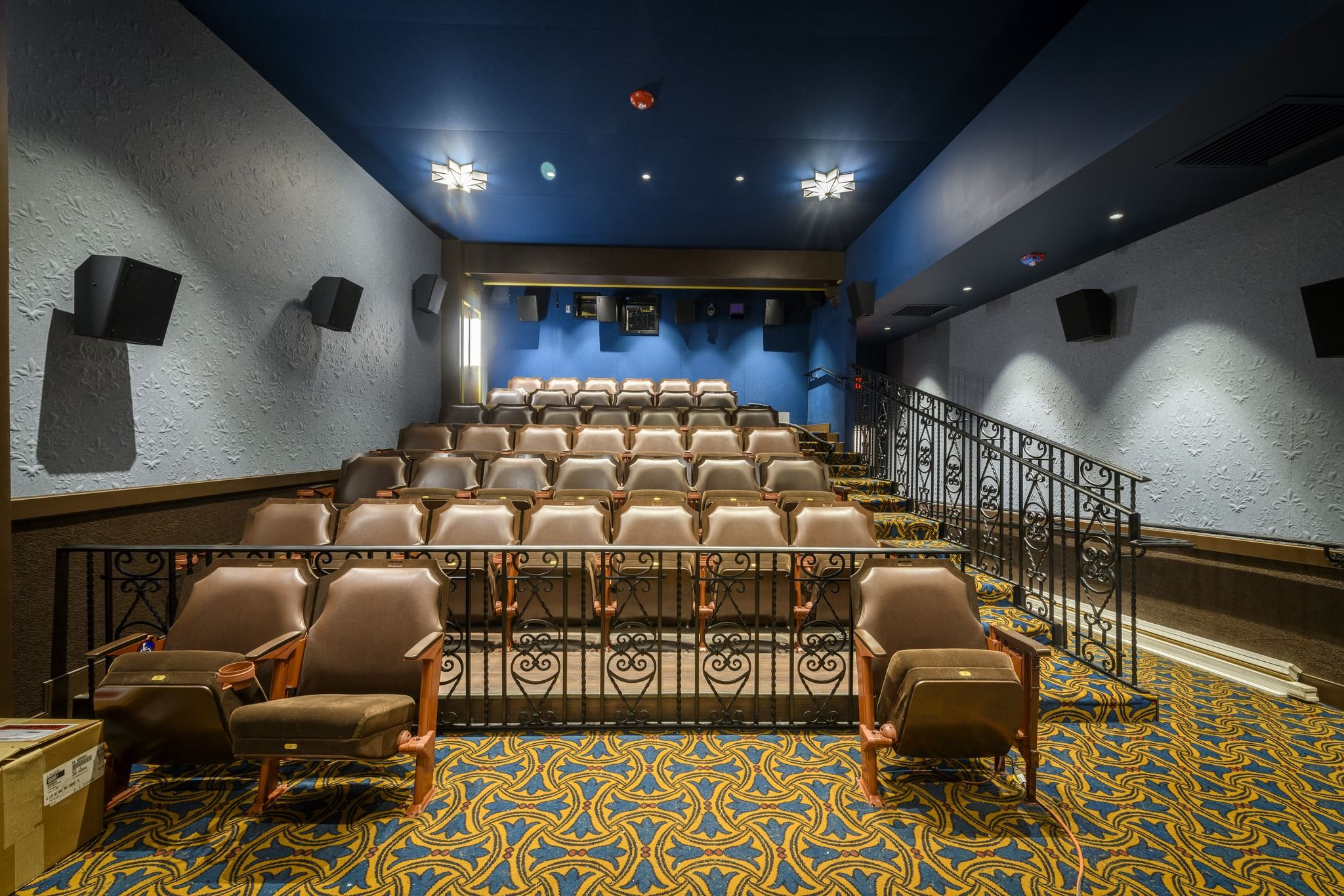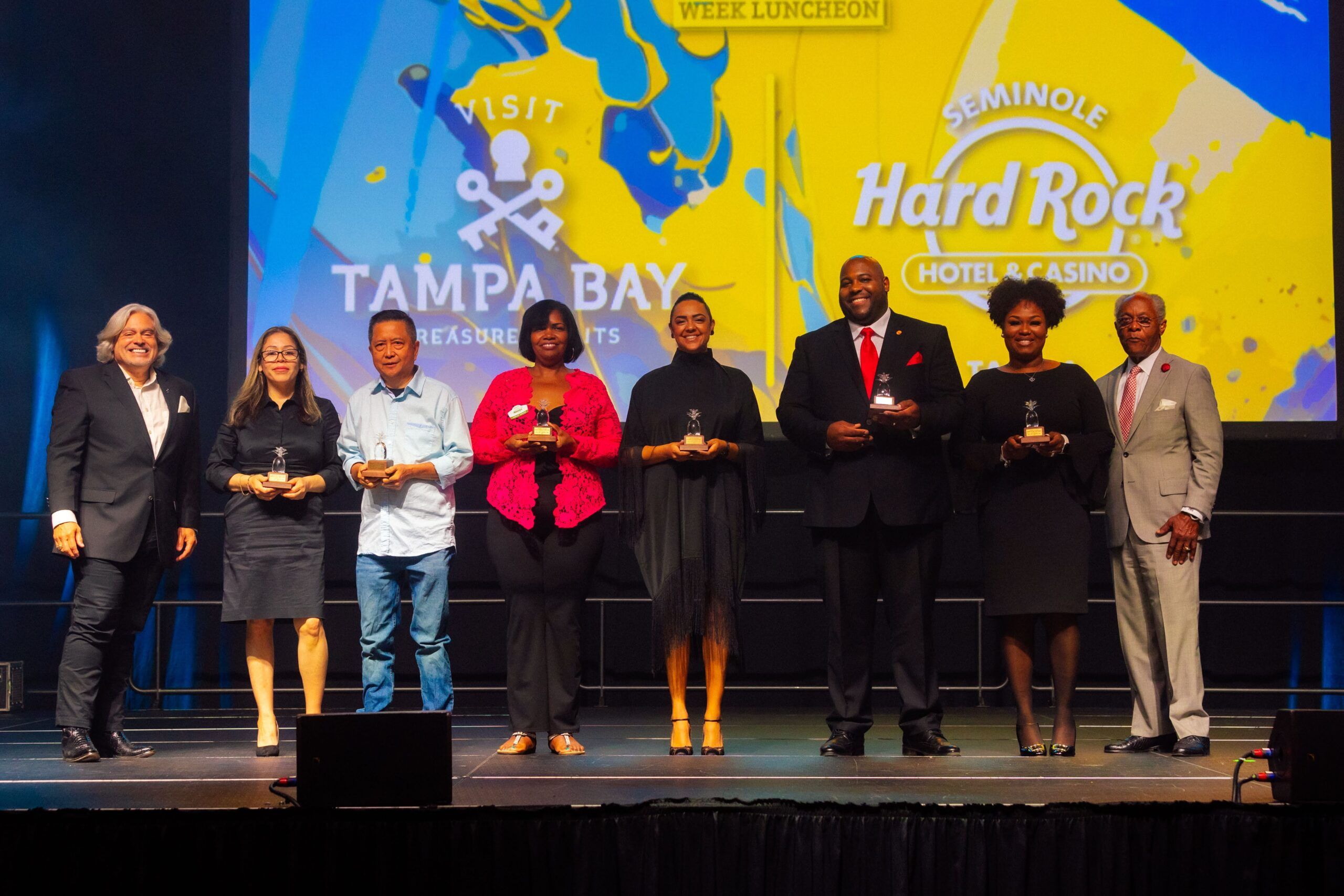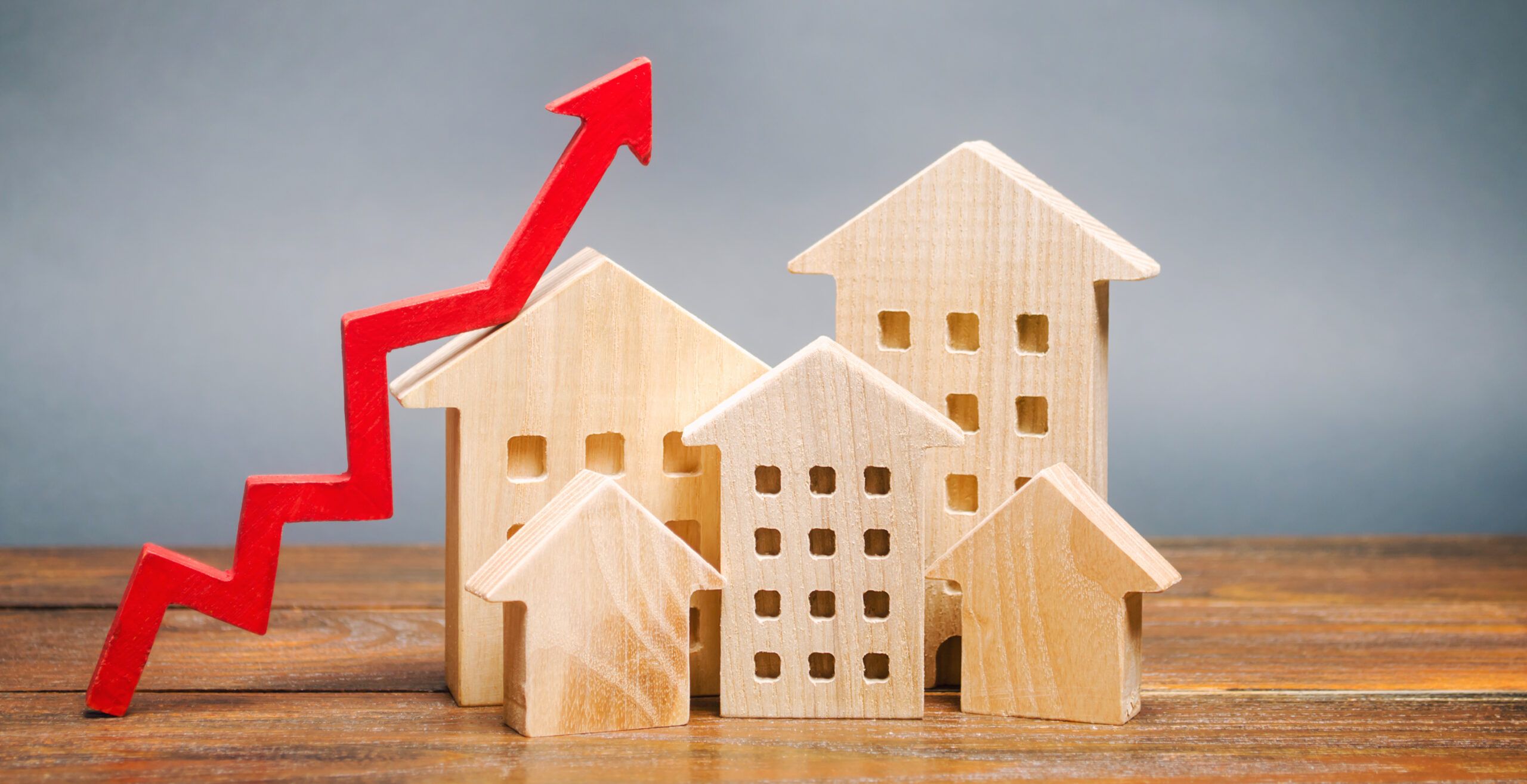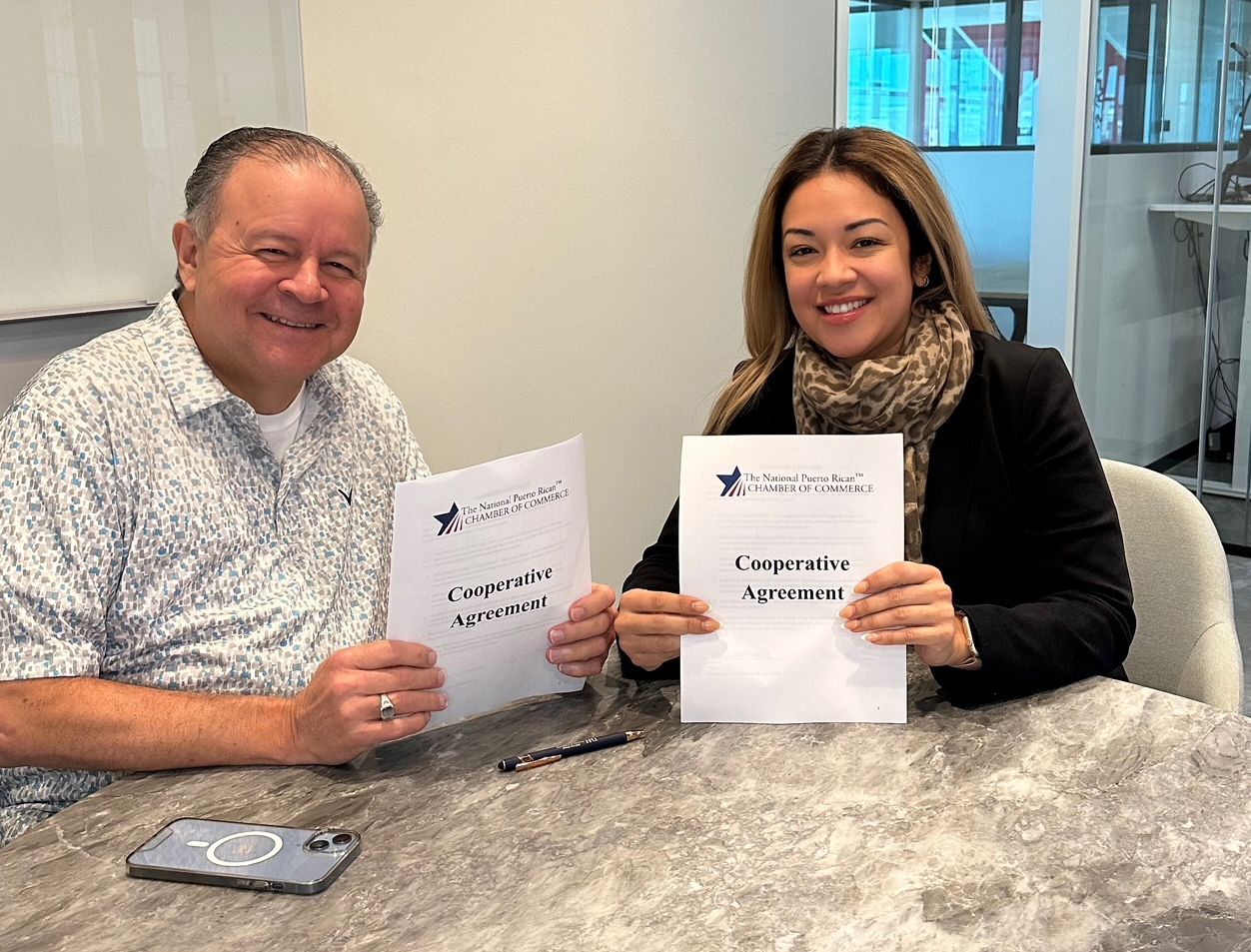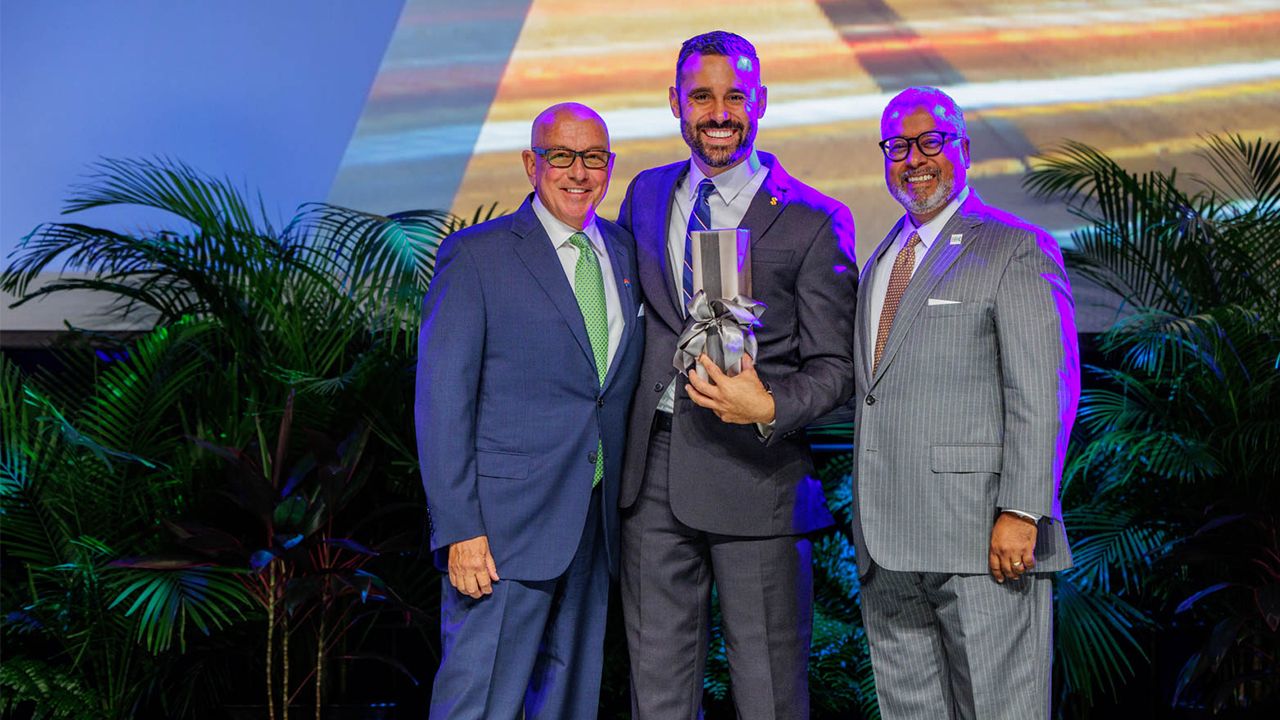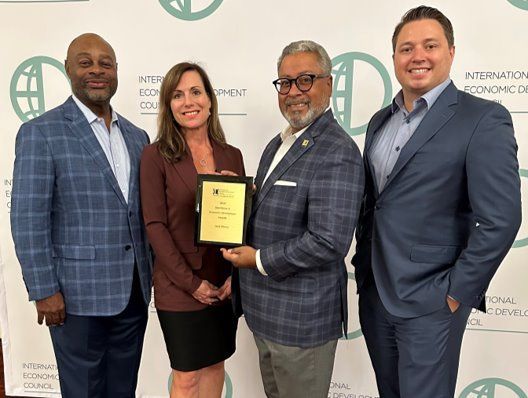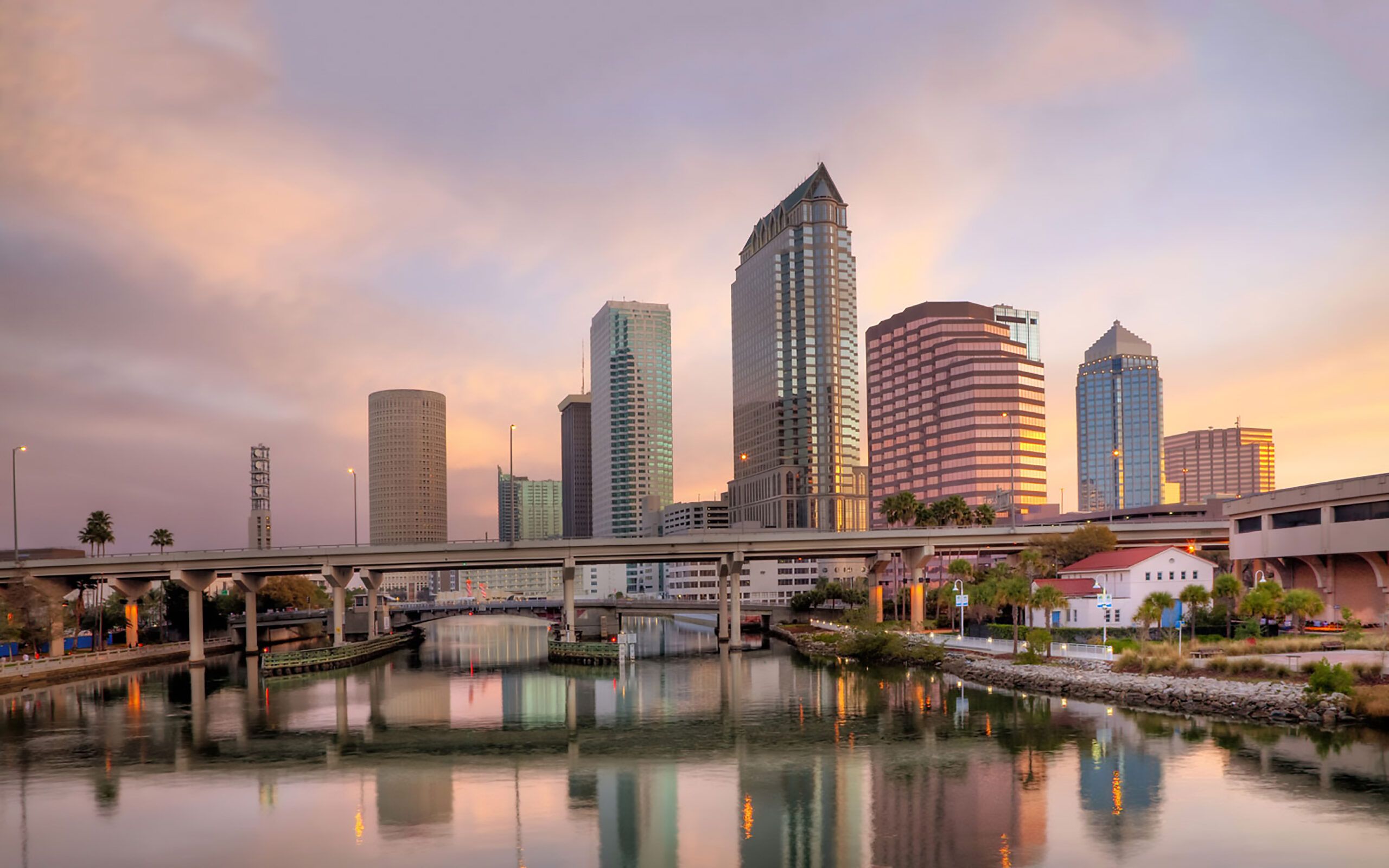There are formative moments in every Florida homeowner’s life that stick in the memory: signing the mortgage papers, picking up the keys, opening that first August power bill. It’s the last one that most dread. Now, imagine that August bill was $0. Nada. Nothing. In fact, maybe the power company was paying you for pushing electricity back to the grid.
That’s the vision of Marshall Gobuty, president and founder of Sarasota-based Pearl Homes, and the man behind Hunters Point Pearl Homes & Marina in the Manatee County town of Cortez. Hunters Point is a planned waterfront residential community of 86 homes that are designed to be “energy-positive.” That means through a combination of solar panels and an intelligent battery storage system, the homes will generate as much electricity as they use—and maybe even some extra—which can be sent back to the power grid.
Scroll down for more images
The homes will also be built to meet Leadership in Energy and Environmental Design, or LEED, platinum certification. LEED is an internationally recognized system that certifies a building was designed and built using strategies to save energy, use less water and promote indoor environmental quality. Platinum certification is the highest benchmark for sustainable design and construction.
This is not Gobuty’s first foray into smart home communities. In 2017, he built Mirabella, a sustainable home community in Bradenton for people 55-older. Its 158 homes achieved LEED platinum certification and boast a reduction in energy use and utility costs of up to 40 percent.
With Hunters Point, Gobuty aims to take energy savings to high levels without sacrificing quality. Each home in the community, set to break ground this year, includes a two-car, 1,200-square-foot garage and 600 square feet of conditioned living space. A 600-square-foot “Sky Deck,” and 900 square feet of decking around each home with a shaded pergola, cater to indoor/outdoor living. Each home is professionally designed and furnished.
Yes, the homes are smaller than average. But according to Sarah Boren, director of market transformation and development for the U.S. Green Building Council of Florida, Gobuty is tapping into market demand.
“We’re seeing in the market, from baby boomers to millennials without kids yet, that they want smaller homes,” Boren says. “They’re moving away from accumulating ‘stuff,’ toward homes that are fresh, clean and simple. Homes that leave room for the meaningful things in life, like spending time with the grandchildren or enjoying outdoor activities.”
As for that potential cost-free energy bill, that’s thanks to oversize solar panels and an energy storage system from Sonnen that provides a battery for reliable backup power, and a Google Nest “smart” thermostat to maximize each home’s renewable energy. “Solar is a stepping stone, not the end game,” Gobuty says. “You have to have a way to store it for those cloudy days and deploy it when needed. That next step is what we’re striving for.”
Along with a shift in what homebuyers want, there are other factors that make sustainable, energy-efficient homes more attractive today. The Florida 2018 Office of Energy annual report states that Florida is No. 3 in the nation, behind California and Texas, for electricity consumption, because of population and climate. What’s using the majority of that power? According to the Florida Public Service Commission: residential homes. Florida has 8.915 million residential electric customers, accounting for 53.2 percent of all electricity consumed in the state.
The average Florida resident uses around 1,200 kilowatt-hours of electricity every month, at a cost of approximetly 12 cents per kilowatt-hour. That’s a total cost of $144 per month or $1,728 per year. It makes sense that residents would want to slash that cost with the help of solar power and smart home design.
According to Gobuty, there’s also a moral component at stake. “There’s a crossover between human rights and living sustainably,” he says. “What we’ve done to the planet makes this a social issue. It’s no longer just about how much I can reduce my bill. It’s about working together to reduce emissions and the effects of global warming for everyone.”
The urgency to take action is backed by the Intergovernmental Panel on Climate Change report released late last year. It warned that we need to do more to cool our rapidly warming planet, and that the Tampa Bay area tops the list of U.S. metropolitan regions most vulnerable to the effects of sea level rise from a warming ocean.
In Florida, the dominant fuel sources are natural gas and coal. Both are fossil fuels that release emissions when burned—leading to more global warming effects. However, the state is making progress. The same Office of Energy annual report projects that renewable energy will surpass coal use in the next 10 years, becoming the second-highest installed electric fuel source in the state. While that’s a bright spot, there’s still much to be done.
With Hunters Point, Gobuty hopes to show other homebuilders they can positively affect the planet and people’s wallets at a good price point. The three home styles will start in the low $400,000s, with added cost for a pool, dock and elevator.
“If we can make Hunters Point a success, we may be able to get the big builders to include some sustainable features in their future projects,” Gobuty says. “There are builders out there who think we are wasting our time, but the market will tell.”
Boren agrees that a community like Hunters Point could spur other builders to take a closer look at LEED. “Marshall is showing that you can build a healthy home and still make money and really please the buyer,” she says. “It takes forward-thinking builders to really show the path forward to a great lifestyle with all the amenities in a meaningful space.”
So far, the market is responding. More than 1,400 people have subscribed to the Hunters Point newsletter, asking to be apprised of new developments and construction progress. Of that, 207 have paid a $2,500 deposit to be placed on the waiting list, and receive a guaranteed viewing once the homes are complete. ♦



